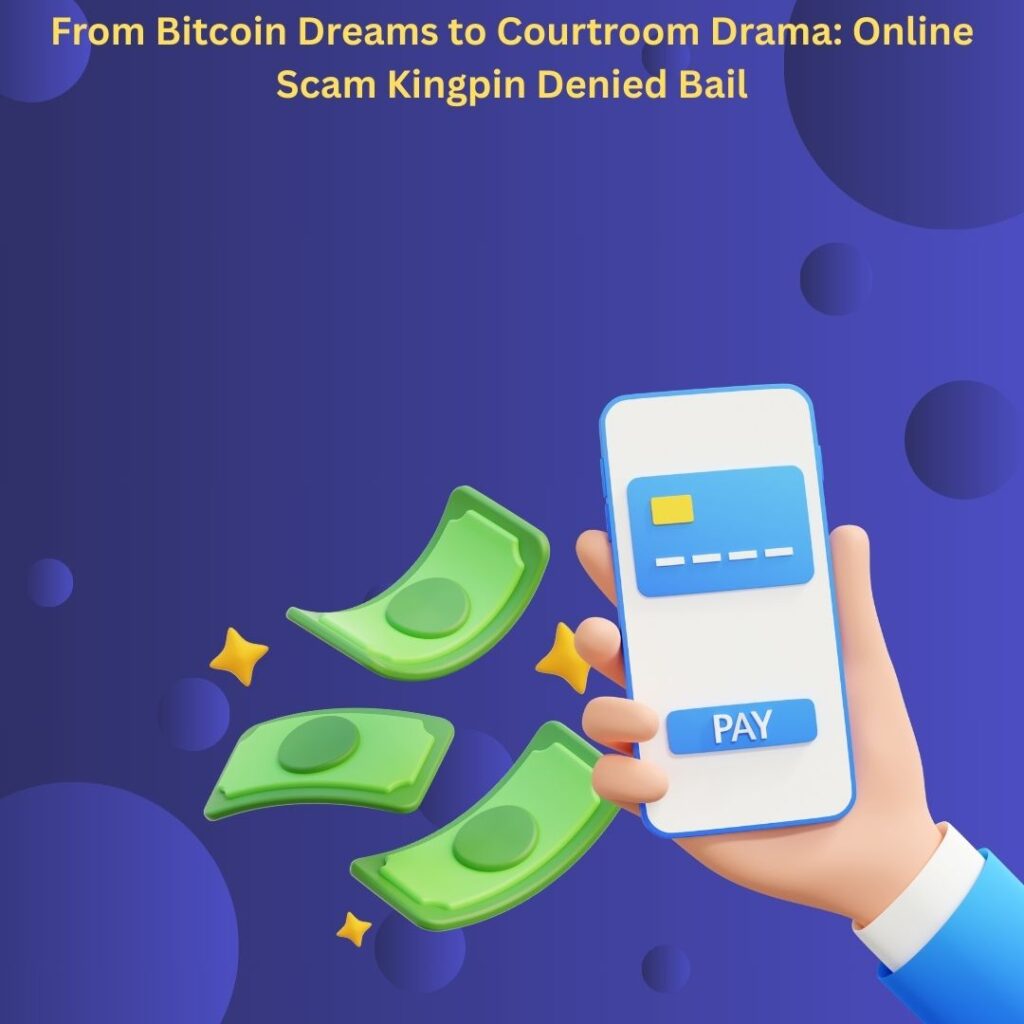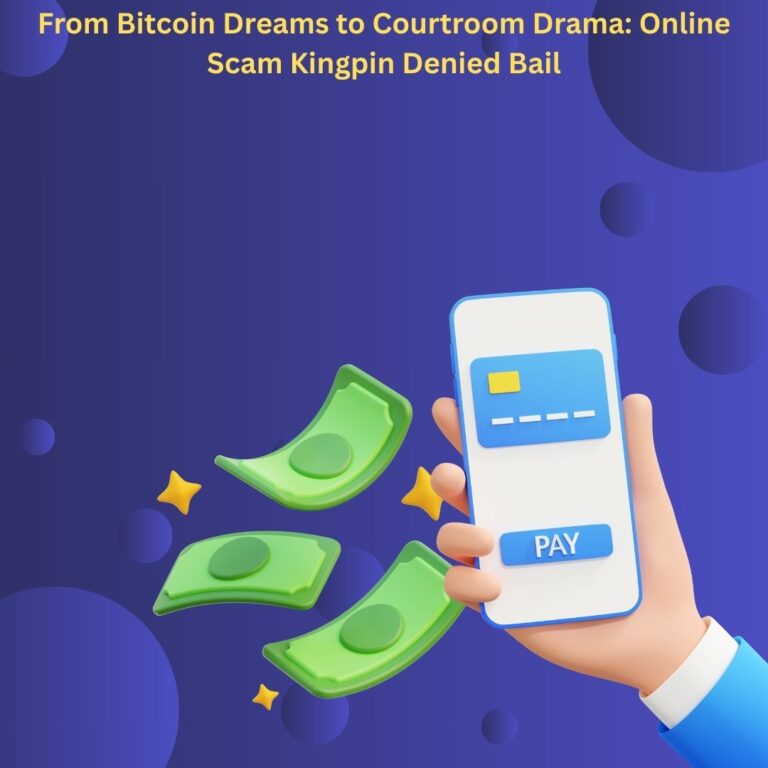
Meta Description: In a Ponzi scheme internet fraud case involving fictitious investment websites, the Peshawar High Court rejected bail. Here’s how the fraud unfolded.
Slash/URL: /ponzi-scheme-online-fraud-bail-denied
Image Alt Text: Court ruling on Ponzi scheme internet fraud case involving fake investment websites
💻 It started with a website and a promise of huge returns.
Muhammad Taimur presented what seemed like a golden opportunity. Through websites like www.pslashuk.com, he lured ordinary people into investing their hard-earned money with promises of sky-high monthly returns.
But it was all a lie.
Behind the benevolent promises and polished website lay a massive Ponzi scheme—one of Pakistan’s most sophisticated cases of online fraud and illegal investment operations.
🚨 The Tip-Off: A Facebook Post Sparked an Investigation
In October 2020, a Facebook post blew the lid off the operation. A user named Numeera Pink warned the public about a company registered as Space Construction SMC Private Limited, which was offering monthly returns of up to 21% but allegedly defrauding investors.
Names like Muhammad Taimur, Rabia Batool, and Afnan Malik surfaced, linked to suspicious websites:
The post went viral, catching the attention of the National Accountability Bureau (NAB).
🕵️ The Investigation: A Web of Fake Identities and Cryptocurrency Accounts
NAB arrested Muhammad Taimur and his senior director, Waseem Zeb Khan, for running a fake investment network under the guise of an online business.
Investigators uncovered:
- Fake email and Facebook IDs (including Afnan Malik and Rabia Batool).
- Binance cryptocurrency accounts tied to Taimur.
- Evidence of Rs. 2 billion collected from the public.
- Employees hired to maintain and fix bugs on the fraudulent websites.
- No legitimate business model—just empty promises of easy money.
Even more suspicious: Taimur and his wife allegedly invested heavily in Turkey’s Investor Citizenship Program, securing residency. However, no clear money trail could verify the source of these funds.
⚖️ The Legal Question: Should Bail Be Granted in a Mega Fraud Case?
The court had to decide whether Muhammad Taimur and his accomplices deserved pre-arrest bail.
Their lawyers argued that NAB lacked solid evidence and that the accusations were baseless. The High Court disagreed.
The court ruled that:
- Strong digital and documentary evidence linked Taimur to the Ponzi scheme.
- Granting bail could lead to tampering with digital evidence and cryptocurrency accounts.
- The accused had the technical expertise and motive to destroy evidence.
- Hundreds of victims were still seeking justice.
The court declared this a large-scale internet investment fraud designed to exploit the public and denied the bail petitions.
🔗 Read the official ruling on the NAB fraud case (replace with actual URL when available).
✅ Key Takeaways for Investors:
- If it sounds too good to be true, it probably is.
- Always verify if an investment company is registered and regulated by the SECP.
- Avoid platforms that frequently change names or websites.
✅ For Law Enforcement:
- Social media tips can lead to major breakthroughs.
- Digital footprints (emails, crypto wallets, WhatsApp chats) are crucial in online fraud cases.
✅ For the Public:
- Report suspicious schemes early—it could save others.
- Never share sensitive documents (CNIC, bank statements) with unverified websites.
❓ FAQ: Recognizing Online Ponzi Schemes
Q: What is a Ponzi scheme?
A: A fraudulent investment scam where returns are paid using new investors’ money rather than actual profits.
Q: How was cryptocurrency involved in this case?
A: The scammers used Binance to collect and hide investments, making them harder to trace.
Q: Why was bail denied?
A: The court feared the accused could manipulate digital evidence, jeopardizing justice for victims.




